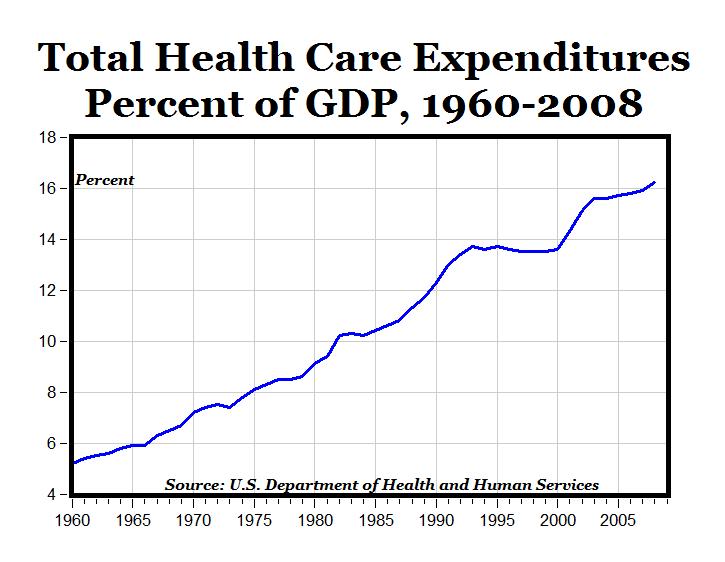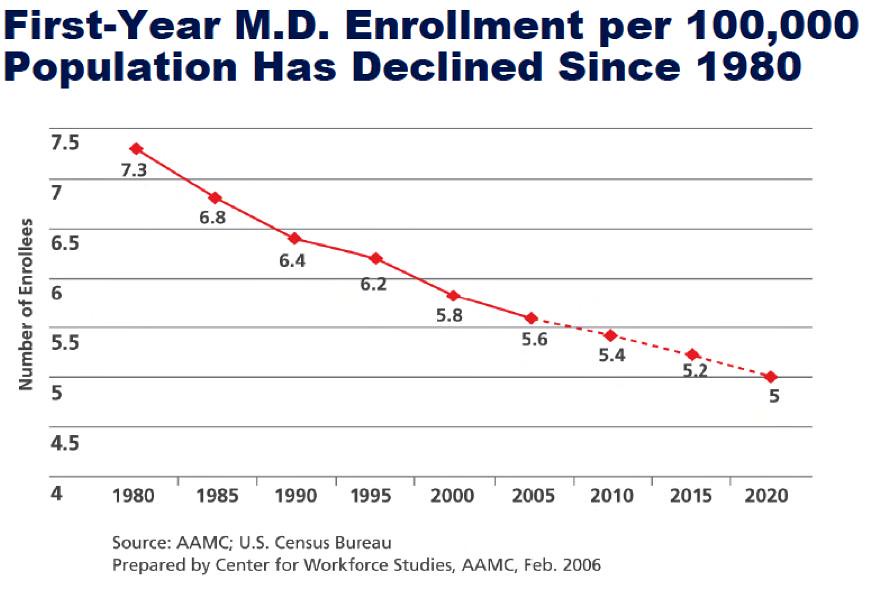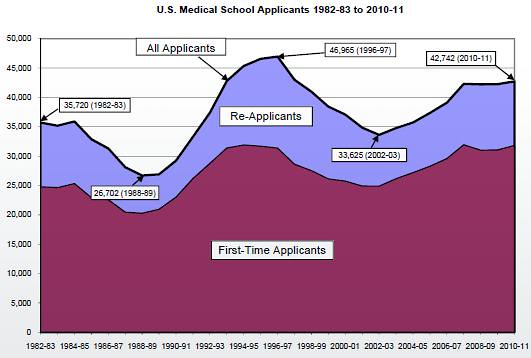usmcstinger
Gold Member
- Dec 31, 2011
- 1,422
- 466
- 200
I am convinced that the free market would provide the best health care system if it were ever allowed to do so. Of course, we've had nothing like a free market in health care since the 1950s. First there were 'maximum wage' laws post WW2 that were meant to encourage hiring, but instead resulted in employers adding benefits like health insurance. Then health insurance became an entrenched interest, and insurance providers arranged for the government to leave that benefit untaxed, so it became standard. Then Medicare came about and kind of ruined everything.
Since the 1950's, state and federal agencies have added a huge maze of regulations governing all aspects of health care, making it into a paperwork nightmare that is total nonsense for doctors and patients. And lawyers have found that the courts are willing to award millions to people who want to sue their doctors. This in turn has resulted in higher costs, much more conservative medical practices, and a closed industry for providers of medical products.
States require insurance companies to cover all sorts of health issues, making insurance more expensive for everyone, especially healthy people. Now the federal government is getting in on that game too.
And all the while, the government keeps finding more ways to fund this mess. Governments now pay more for health care than consumers.
All this is to say we don't have a free market system at all. The USA just has its own uniquely stupid take on socialized medicine, and Obamacare is only making it more convoluted.
But it's a fantasy to think we could ever undo it. Voters aren't smart enough, the elderly benefit too much, and the interests are too powerful for us ever to unravel this mess and return to a free market system which would provide affordable, high quality health care for everyone.
What about a compromise? What if free market advocates drafted a plan where these things happened?
1) The US adopted a national health service, entirely funded by the government, ala Britain.
2) The same bill that created the national health service creates protected free market space for people who want to provide health care for a profit. The bill says that, so long as there is a national health service, there must also be space in the market for people to provide for-profit services with little to no regulation in a buyer beware environment. No federal, state, or local governments could restrict the activities of these companies, other than holding them to the law as it applies to every citizen. Voluntary interactions between patient and provider could be protected and they could do what they want.
That way, there would be a fully socialized system, which is what the voters want, and which we're already paying for, and there would be an opportunity for people to opt out of it if they're willing to pay.
If you ever had a rational thought, it would die of loneliness.


